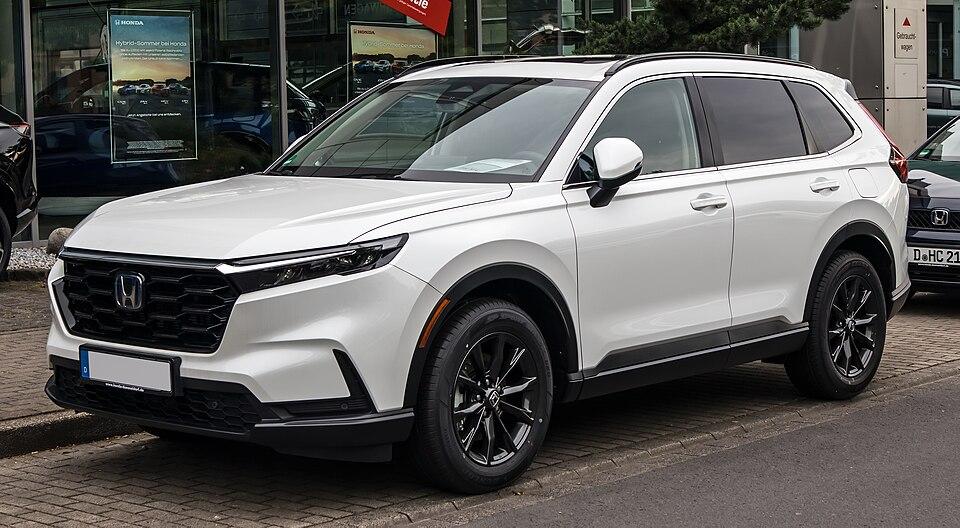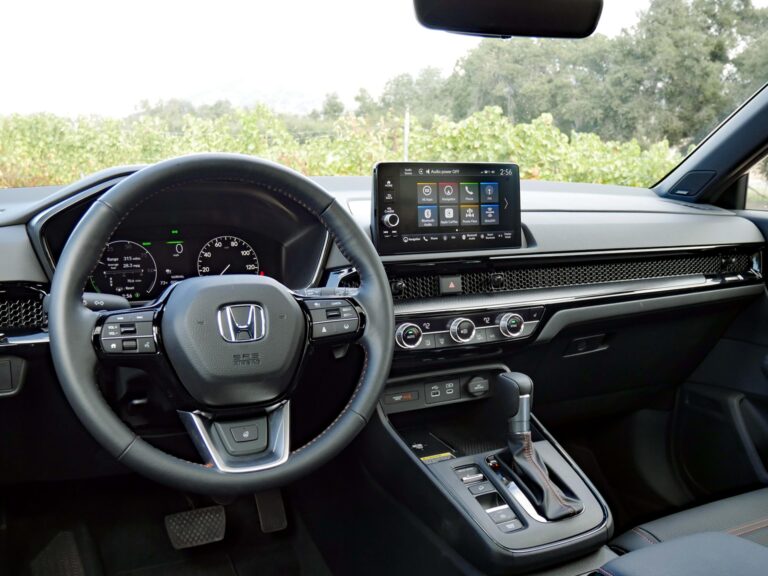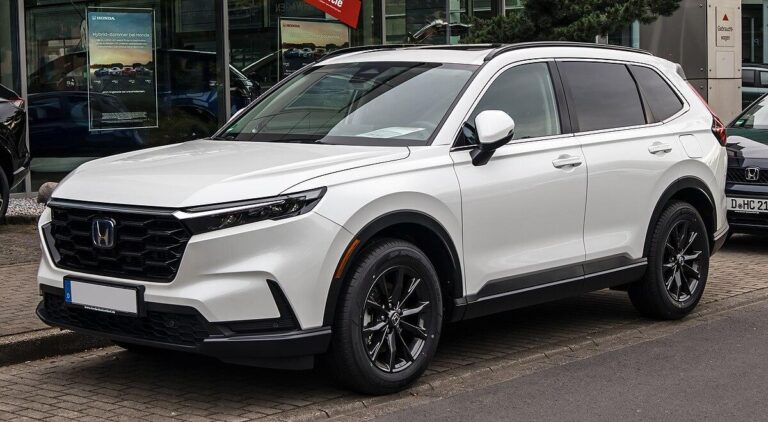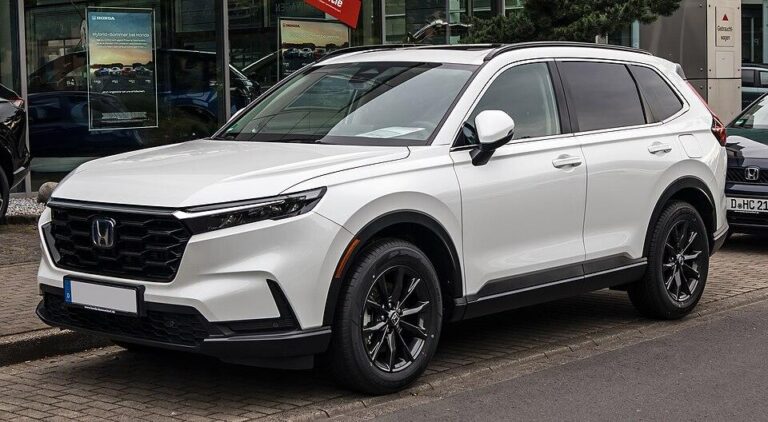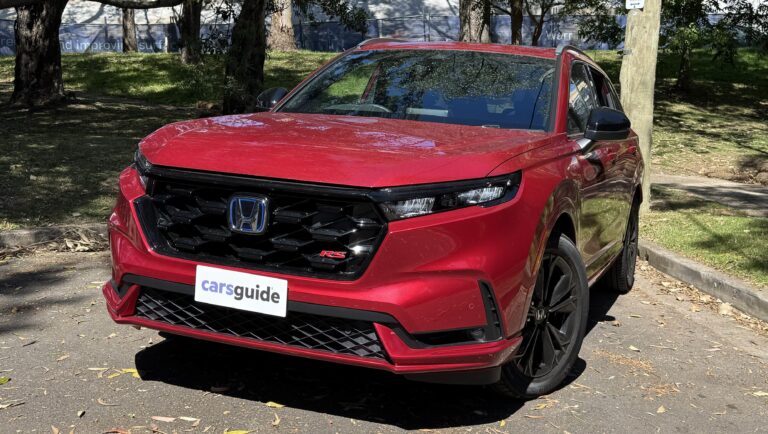Honda CR-V fuel economy
as the world continues to shift toward sustainability and environmental consciousness, the demand for fuel-efficient vehicles has never been more pronounced. Among the myriad of options available to consumers,the Honda CR-V stands out as a stalwart in the realm of compact SUVs,promising not only versatility and reliability but also remarkable fuel economy. This article delves into the intricacies of the Honda CR-V’s fuel efficiency, exploring its engineering innovations, performance capabilities, and real-world driving experiences. Whether you’re a seasoned SUV enthusiast or a frist-time buyer searching for a perfect blend of power and economy, join us as we navigate the fuel efficiency landscape of this beloved vehicle, offering insights that could significantly impact your next automotive decision.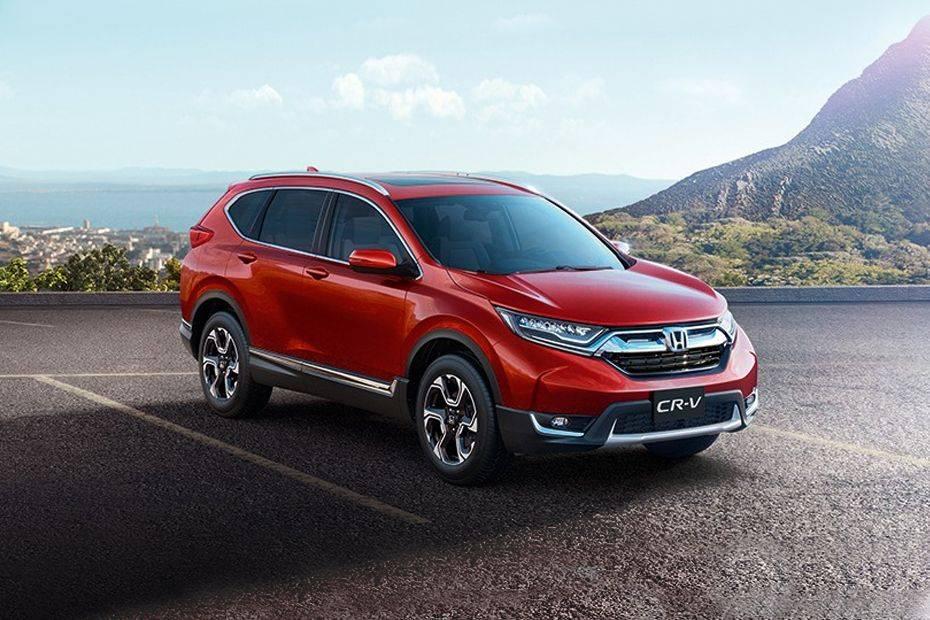
Evaluating the Honda CR-V’s Fuel Efficiency Performance
The Honda CR-V has long been celebrated for its impressive fuel efficiency, a crucial attribute that many car buyers prioritize. With its ergonomic design and efficient engineering, the CR-V stands out in the compact SUV segment. Owners can expect a range of fuel economy averages depending on the model year and drivetrain options. Typically, the hybrid variant leads the pack with EPA ratings that often surpass 40 mpg in the city and 38 mpg on the highway, showcasing Honda’s commitment to sustainability without sacrificing performance. In comparison, the traditional gas-powered models generally deliver a competitive 27 to 30 mpg in the city and 32 to 34 mpg on the highway, making it an excellent choice for both urban and long-distance driving.
Another factor contributing to the CR-V’s fuel efficiency is its engine technology. Most recent models are equipped with a 1.5-liter turbocharged engine, which not only enhances power but also efficiency through its optimal fuel use. Additionally, features such as the continuously variable transmission (CVT) allow for seamless gear shifts, helping maintain an efficient fuel consumption rate. Here’s a speedy comparison of the fuel efficiency across different CR-V models:
| Model Year | Type | City MPG | Highway MPG |
|---|---|---|---|
| 2020 | Gas | 28 | 34 |
| 2021 | Gas | 27 | 33 |
| 2022 | Hybrid | 40 | 35 |
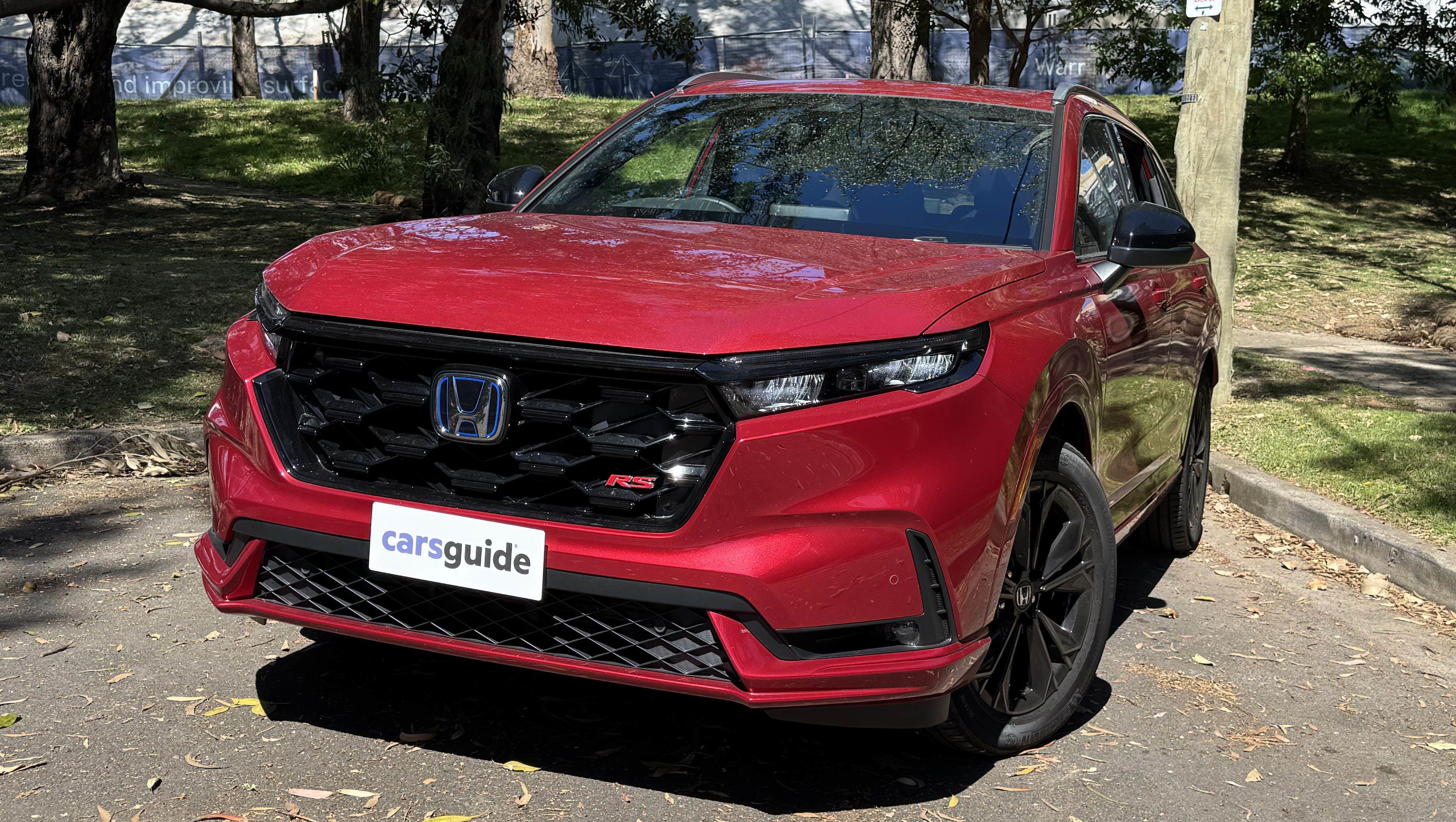
Understanding the Factors Influencing Fuel Economy in the Honda CR-V
Understanding what influences fuel economy in the Honda CR-V requires a look at several interrelated elements. First and foremost is the engine type.The CR-V is typically equipped with efficient turbocharged engines that balance performance and fuel efficiency. Additionally, factors such as driving habits play a significant role. For instance, rapid acceleration and heavy braking can degrade fuel economy, while smooth, gradual changes in speed can enhance it. Moreover, the weight of the vehicle is impactful; a fully loaded Honda CR-V will use more fuel compared to a lightly loaded model. It’s crucial for owners to be mindful of how accessories and cargo can affect overall efficiency.
Another critical aspect is tire pressure.Maintaining optimal pressure not only ensures safety but also maximizes fuel economy. The use of premium fuel may be recommended by the manufacturer, but for many drivers, regular unleaded still provides adequate efficiency without noticeable differences in performance. Weather conditions should not be overlooked either; cold temperatures can lead to increased fuel consumption, as the engine takes longer to reach optimal operating temperatures. by considering these various factors, CR-V owners can improve their vehicle’s fuel economy and enjoy a more economical driving experience.
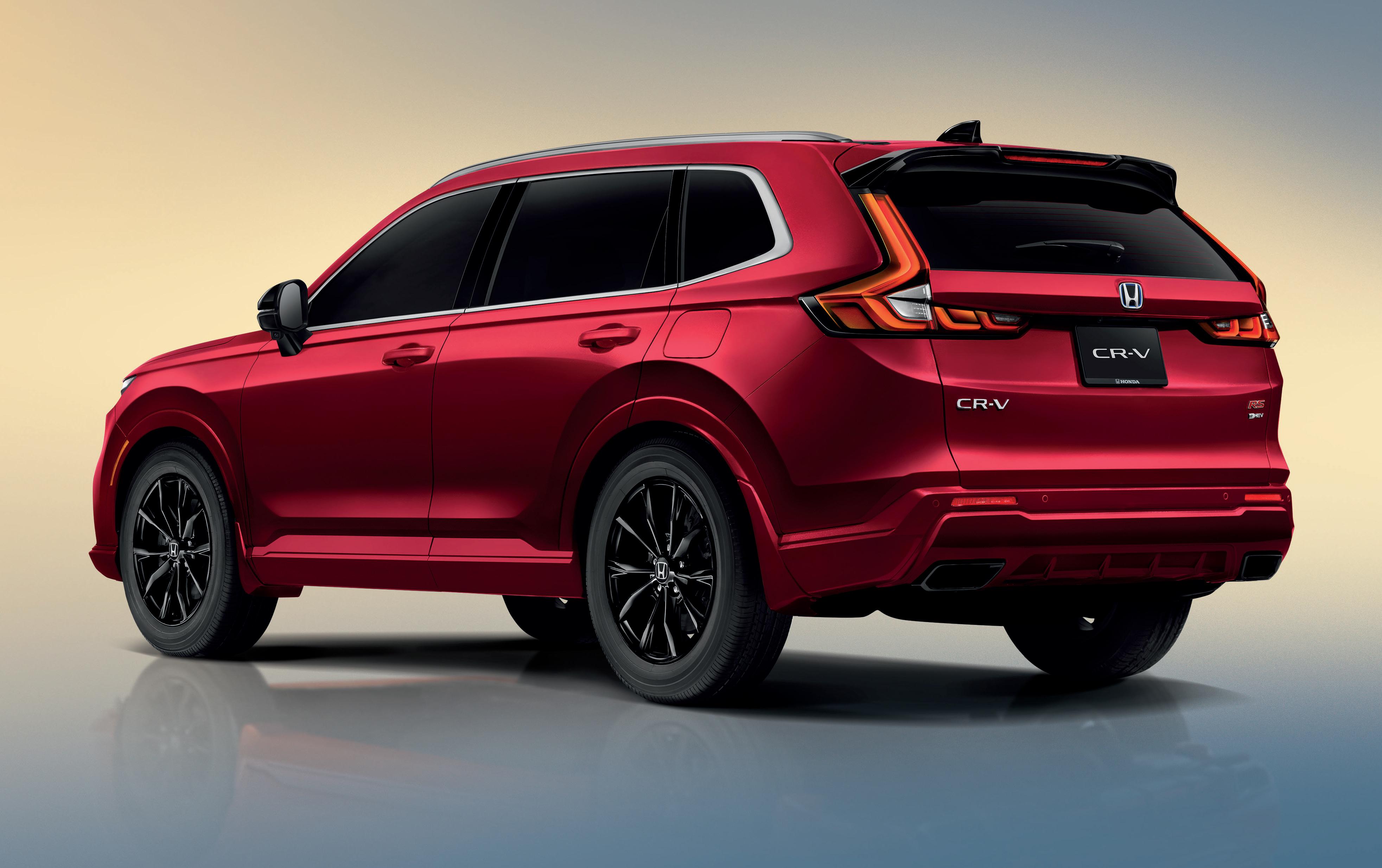
Tips for Maximizing Fuel Efficiency in Your Honda CR-V
Enhancing fuel efficiency in your Honda CR-V is not just about careful driving; it also involves being mindful of maintenance and habits. To get the best mileage possible, consider the following strategies:
- Regular Maintenance: Stay on top of your car’s routine service schedules. A well-tuned engine consumes less fuel.
- Tire Pressure: Check your tire pressure monthly. Under-inflated tires can reduce fuel efficiency by as much as 3% for every 1 psi drop.
- Lighten Your Load: Remove unnecessary heavy items from your trunk. Every 100 pounds can decrease fuel economy by 1-2%.
In addition to maintenance, your driving habits significantly impact fuel consumption. Adopting more economical driving techniques can yield impressive results:
- Avoid Rapid Acceleration: Smooth starts and gentle acceleration can greatly improve gas mileage.
- Use Cruise Control: When driving on the highway, using cruise control can definitely help maintain a constant speed, saving fuel.
- Minimize Idling: If you’re stopped for more than a minute, it’s more fuel-efficient to turn off the engine.

Comparing the Honda CR-V’s Fuel Economy to Competitors in the Same Segment
The Honda CR-V has long been a frontrunner in the compact SUV segment, especially when it comes to fuel economy. When comparing its performance to competitors, it’s crucial to look at the figures that define efficiency.The CR-V offers an impressive combination of city and highway mileage, making it an attractive option for both daily commuters and family road trips. Notable competitors in this segment include the Toyota RAV4, Ford Escape, and Nissan Rogue. Here’s how they stack up in fuel efficiency:
| Vehicle | City MPG | Highway MPG</th | Combined MPG |
|---|---|---|---|
| Honda CR-V | 28 | 34 | 30 |
| Toyota RAV4 | 27 | 35 | 30 |
| Ford Escape | 23 | 31 | 26 |
| Nissan Rogue | 26 | 33 | 29 |
While the Honda CR-V holds its own with a competitive combined MPG of 30, the RAV4 also matches this figure, highlighting the effectiveness of both brands in delivering efficient vehicles. though, the Ford Escape and Nissan rogue lag slightly behind, with the Escape delivering a combined MPG of just 26. This discrepancy emphasizes the importance of both manufacturers’ engineering efforts to enhance fuel output without sacrificing performance. Additionally, potential buyers should not only consider raw fuel economy numbers but also factors like driving experience, comfort, and overall reliability, which the CR-V consistently excels in.
The Conclusion
the Honda CR-V stands as a testament to the perfect blend of efficiency and practicality in the modern SUV landscape.With its impressive fuel economy figures, it not only champions the cause of sustainability but also speaks to the needs of drivers who desire both performance and cost-effectiveness. Whether you’re navigating busy city streets or venturing out on a weekend road trip, the CR-V’s thoughtful engineering and design offer a confident companion on every journey. As you consider your options in the competitive arena of compact SUVs, the Honda CR-V’s fuel efficiency remains a compelling argument, encouraging drivers to embrace a greener, more economical future without compromising on comfort or capability. As the roads ahead beckon, the CR-V reaffirms that smart choices can lead to rewarding journeys.

